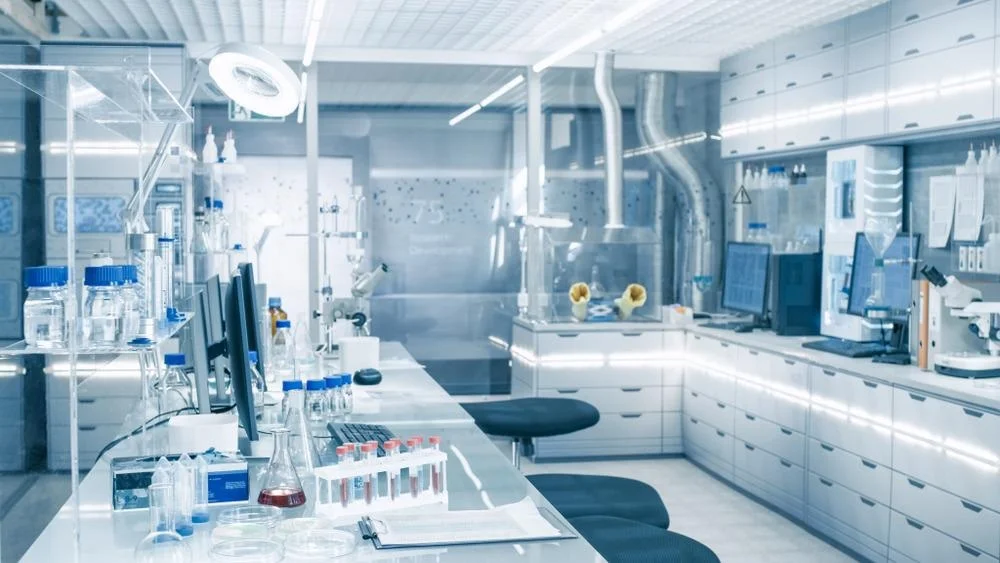Tea and Coffee Organic Residue Screening
The demand for high-quality tea and coffee products has surged in recent years, driven by consumer preference for clean-label items and increased awareness of the impact of residues on health. In response to this trend, our laboratory offers a specialized service focused on screening organic residues in tea and coffee products. This service is crucial for ensuring product safety and compliance with international standards.
Our testing protocol involves several key steps: first, we receive samples from various sources including manufacturers and suppliers. These samples are then prepared according to standard procedures prescribed by regulatory bodies such as ISO 21558 and ASTM D7643. Our team employs advanced analytical instruments like gas chromatography-mass spectrometry (GC-MS) and high-performance liquid chromatography (HPLC) to identify trace levels of organic compounds.
The types of residues we screen for include pesticides, herbicides, fungicides, solvents, and other potentially harmful substances. We also test for naturally occurring compounds that could pose risks if present in excessive quantities. By conducting rigorous tests, we help our clients maintain the highest standards of quality assurance.
Our laboratory's approach to screening organic residues is not only about identifying contaminants but also ensuring traceability and transparency throughout the supply chain. We provide detailed reports that outline every step of our testing process, including sample preparation, analytical methods used, results obtained, and recommendations for corrective actions if necessary.
Compliance with international standards ensures that our clients can confidently market their products both domestically and internationally. Our service supports various sectors such as food manufacturing, retail, and healthcare by providing accurate data on the purity of tea and coffee products.
In addition to supporting quality management and compliance officers, this service also serves R&D engineers who need reliable information about potential issues within their supply chains. For procurement teams, it offers peace of mind knowing that they are sourcing from trusted suppliers who adhere to strict quality control measures.
By leveraging our expertise in chemical testing, we contribute significantly to maintaining the integrity of tea and coffee products worldwide. Our commitment to delivering precise results has earned us a reputation as leaders in this field.
Benefits
- Ensures product safety by detecting harmful residues early.
- Promotes compliance with international regulatory requirements.
- Safeguards brand reputation through consistent quality assurance.
- Aids in supply chain management and supplier evaluation.
- Supports research and development efforts aimed at improving product formulations.
- Facilitates procurement decisions based on reliable residue test data.





